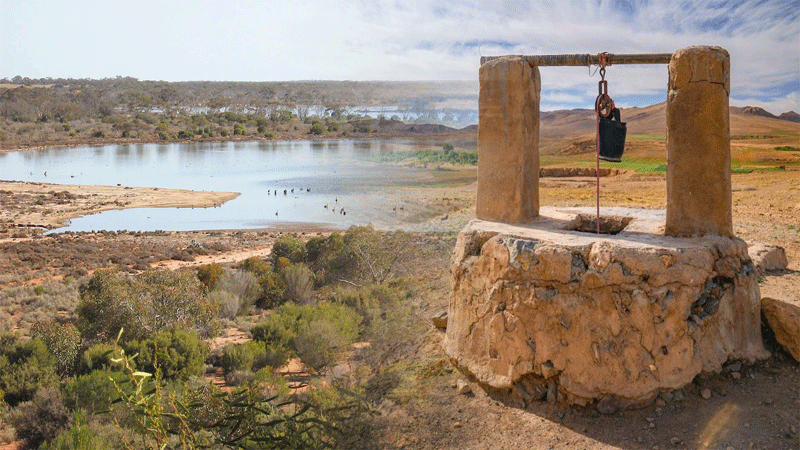Neil Hawkins stressed the importance of teamwork in addressing the challenges of climate change and agriculture on Wednesday.

During a visit to University of Agriculture Faisalabad (UAF),Neil Hawkins, the Australian High Commissioner commented that Pakistan’s groundwater table was gradually dropping, which was a challenge.
Neil Hawkins stressed the importance of teamwork in addressing the challenges of climate change and agriculture on Wednesday. He also called on deans, directors, and former Australian university faculty members who had taught at UAF.
Additionally present were the deans of the UAF’s faculties of social sciences, sciences, animal husbandry, veterinary sciences, and engineering, as well as Munawar Kazmi, the country manager for the Australian Centre for International Agricultural Research.
The high commissioner declared that bilateral ties in agriculture and education would be further strengthened. “We must benefit from one another’s experiences,” he continued.
He valued the UAF’s research and educational endeavors. Mr. Hawkins also paid a visit to the Center for Advanced Studies in Agriculture and Food Security, the citrus, mango, wheat, and chickpea research areas.
Neil Hawkins’ call for collaboration highlights the importance of cross-disciplinary and cross-sectoral cooperation in addressing complex issues like climate change and agriculture.
By working together, different stakeholders can leverage their unique strengths and perspectives to find innovative solutions to these challenges and ensure a sustainable future for agriculture and the planet.
The Australian High Commissioner’s comments on the issue highlight the need for action to address the declining groundwater table.
Addressing this challenge will require a multi-faceted approach, including improving water management practices, investing in recharge and conservation infrastructure, and promoting water-saving technologies.
In many areas of the country, the groundwater table is being depleted at an alarming rate, leading to serious consequences for agriculture, industry, and domestic water supplies.
The Indus Basin is one of the largest groundwater systems in the world and is the primary source of water for agriculture and domestic use in Pakistan.
However, over-extraction of groundwater in the Indus Basin and other regions has led to a decline in the groundwater table, which has reduced the availability of water for irrigation and other uses.